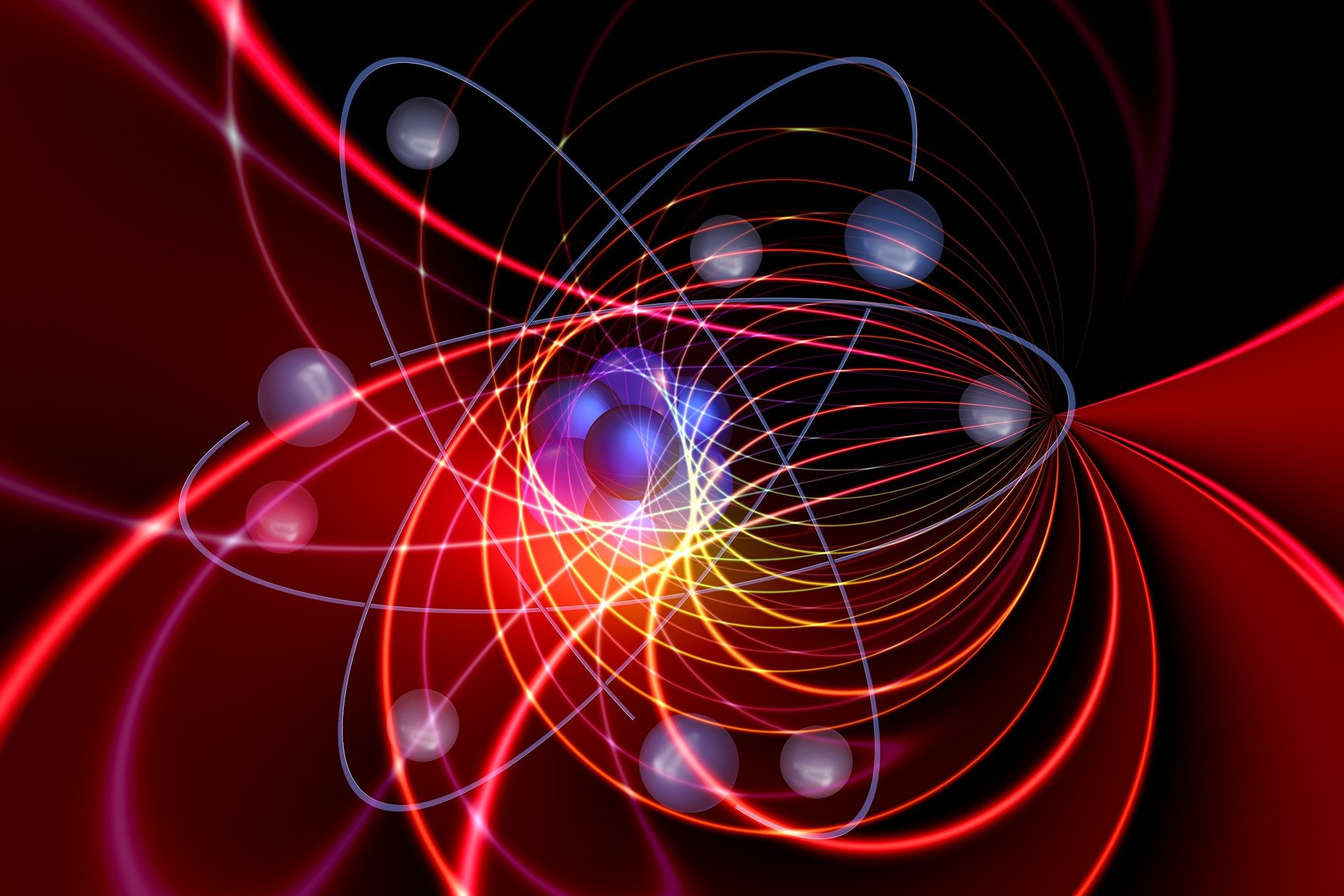Master of Science - Physics

The master's degree in Physics at the Goethe University Frankfurt is research-oriented. The curriculum consists of a compulsory area, which includes a research and laboratory internship (12 CP), 2 research-related seminars (6 CP) as well as the master's thesis and the associated preparatory modules (together 60 CP), a compulsory elective area and a minor (compulsory elective area and minor subject together comprise 42 CP). The demarcation between the latter two areas is flexible; 26-42 CP must be acquired in the compulsory elective area and 0-16 CP in the minor subject. The minor is only chosen in the course of the degree, it does not have to be specified in the application. A very large number of options are available for the minor, including various subjects in the humanities and social sciences.
The main focus of the curriculum in the first year of study is on familiarization with the targeted subject area of the master's thesis through gradually deeper elective courses. The selection of the area for the master's thesis is basically left to the students. As part of the master's thesis itself, the students are integrated into one of the department's working groups. All research areas represented in the department offer master's theses.
This opens up a wide spectrum of research fields for the students, especially in the main areas of the department, the physics of elementary matter (elementary particle physics, nuclear matter under extreme conditions, quantum field theory / lattice theory, quantum gravity, quark-gluon plasma, heavy ion physics) and condensed matter (thin Layers and nanostructures, high-temperature superconductivity, crystal growth, molecular metals and magnetic nanostructures, low-dimensional systems, charge transfer salts, quantum matter, quantum mechanical many-body systems, strongly correlated electrons and spins). The department also has research groups in the fields of astrophysics / cosmology, atomic physics, accelerator physics, quantum gases, quantum optics, terahertz physics and neuroscience. Most of these fields are represented both experimentally and in theory. In many cases, students are involved in international collaborations during their master's thesis. Due to the close cooperation of many research groups with the Gesellschaft für Schwerionenforschung (GSI, Darmstadt), but also through experiments at CERN and DESY (Hamburg), students also have the opportunity to carry out their master's thesis in large research institutions.
As an option for the master's degree, an explicit focus on "Computational Physics" is offered. In this focus, knowledge of numerical mathematics and, in particular, parallel programming on high-performance computers is conveyed in order to enable students to carry out numerically demanding simulations. Accordingly, several compulsory courses in the areas of numerical mathematics, high-performance computing and computational physics have to be completed, which replace the minor subject of the regular master's course and limit the elective area.
- Studying at Goethe University
- International applicants
- Faculties
- Overview of study programmes
- Programme for refugees
- GRADE
- Goethe Business School (continuing education)
- Research at Goethe University
- Scientific news
- Goethe Welcome Center (for international researchers)
- Collaborative research projects
- Individual research
- Visiting fellowships
- Endowed chairs
- About the University
- News-in-brief
- University administration
- Campus locations
- Campus life
- University archives (German)
- Rhine-Main-Universities





